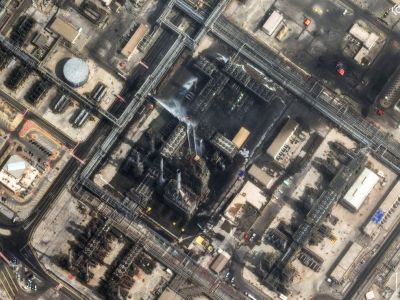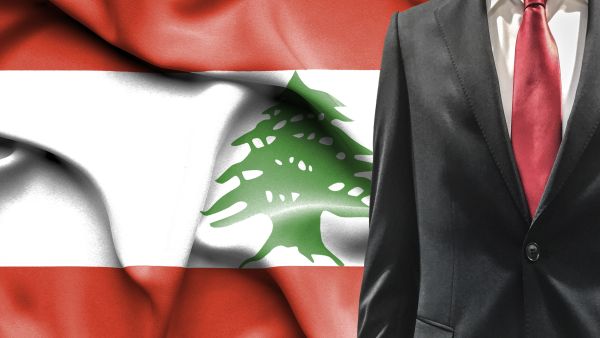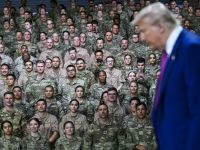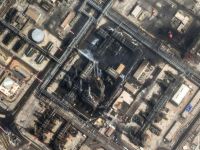ALBAWABA - Thirty-two Lebanese lawmakers announced on Sunday their nomination of former minister and current International Monetary Fund (IMF) official Jihad Azour for the presidency.
During a press conference, MP Mark Doue read a statement on behalf of the 32 Lebanese lawmakers, highlighting Azour's credentials as a centrist candidate who aims to avoid provoking any political faction in the country.
This development comes after a series of unsuccessful parliamentary sessions over the past seven months to elect a new president, resulting in a political impasse characterized by divisions among different factions and parties.
Over the past few weeks, prominent Christian parties, including the Lebanese Forces, the Free Patriotic Movement, and the Phalange, have been engaging in negotiations to reach a consensus on the candidacy of Azour.
This effort seeks to find a compromise candidate in a country where the top three positions are traditionally divided along sectarian lines: the presidency for Maronite Christians, the parliamentary speaker for Shia Muslims, and the prime minister for Sunni Muslims.
Hezbollah lawmaker Hassan Fadlallah called the nomination "a waste of time", insisting that "the candidate of confrontation" would not be elected https://t.co/UdRcuMSBZi
— Middle East Eye (@MiddleEastEye) June 4, 2023
Previously, politicians had thrown their support behind Michel Aoun, who was the initial candidate but announced his withdrawal on Sunday to provide an opportunity for Azour's nomination.
Azour currently serves as the Director of the Middle East and Central Asia Department at the IMF and previously held the position of Lebanese Minister of Finance from 2005 to 2008.
🔵 Lebanon's disparate opposition, independent and main Christian parties said on Sunday they had nominated IMF official Jihad Azour for the presidency in a challenge to Hezbollah-backed candidate Suleiman Franjieh.
Full Story → https://t.co/Xxj8ip1b5F pic.twitter.com/vKPuFxcri4— PiQ (@PriapusIQ) June 4, 2023
He holds a PhD in International Financial Sciences and an advanced degree in International Economics and Financial Sciences, according to the IMF website.









